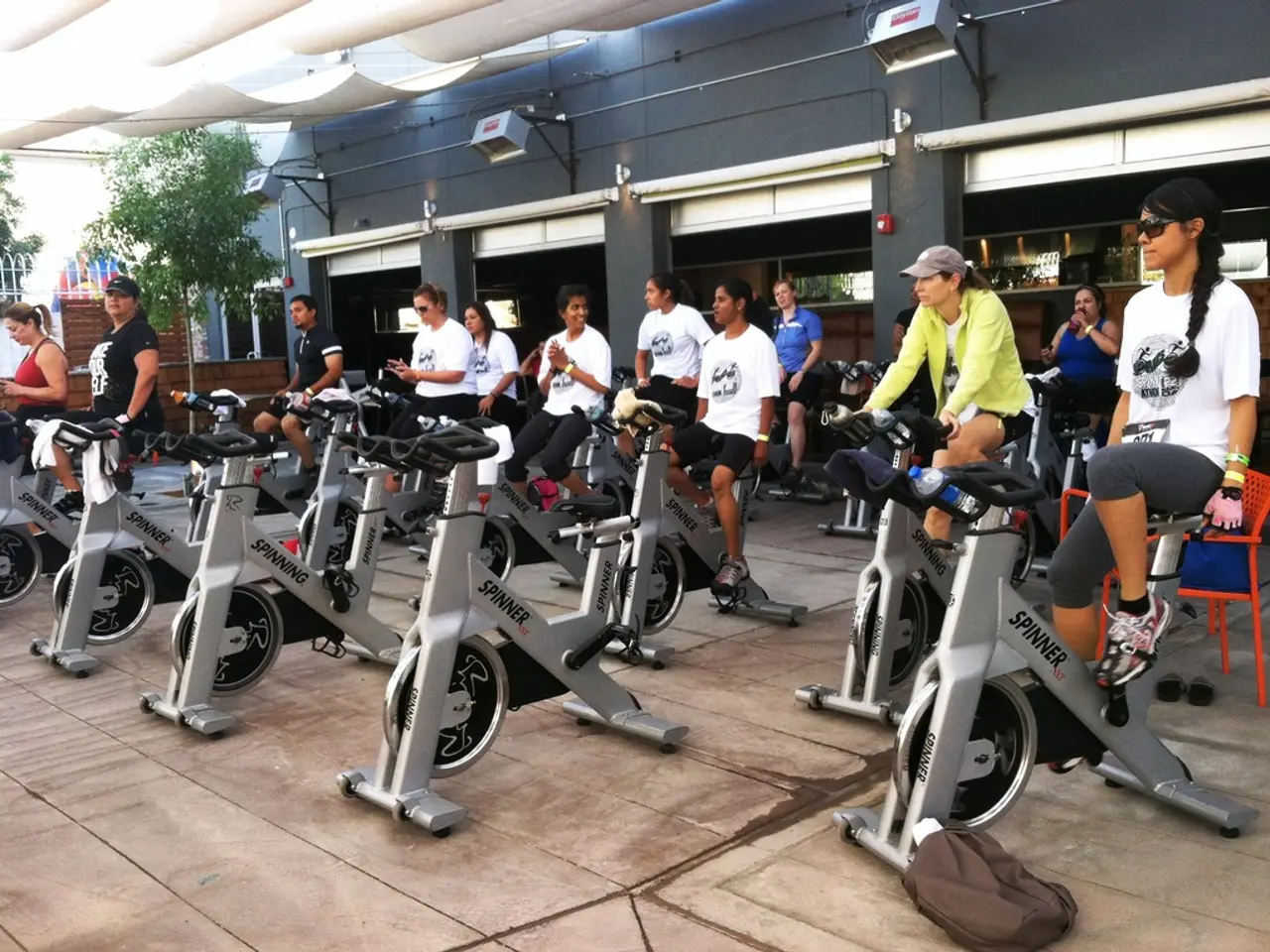Heat Waves Boost Anxiety Levels and Strategies for Coping
Summer - a Season of Sunshine and Anxiety
For many, summer symbolizes a time of outdoor activities, family vacations, and relaxation. However, for some individuals, summer can be a source of anxiety, depression, and panic attacks. While not an officially recognized diagnosis, seasonal anxiety is considered real and impacts individuals in a similar way to how seasonal affective disorder does during the winter.
Increased daylight hours can disrupt sleep patterns, making it difficult for individuals to get the required rest. High temperatures can also interfere with sleep as the ideal conditions for rest are dark, cool, and quiet. The physiological symptoms of overheating can resemble those of anxiety, leading to increased anxiety in some individuals.
The searing heat can trigger anxious thoughts and increase the risk of panic attacks. In Seattle, where many homes and apartments lack air conditioning, concerns about tolerance for the heat can trigger anxiety. The same can apply during wildfire season when air quality is poor due to smoke.
Several factors can contribute to summer anxiety, including climate change worries, recalling past traumas, the pressure to make the most of the season, and feeling guilty about turning down activities.
To reduce summertime anxiety and panic attacks, it is essential to schedule breaks, get adequate sleep, and practice slow breathing and mantras. Cognitive behavioral therapy can also help treat panic attacks, and mental health experts are available to support individuals in need.
Although the summer weather cannot be changed, individuals can take concrete actions to cope with climate change anxiety and schedule downtime to take breaks and recoup. It is also crucial to practice self-care and communicate openly with loved ones.
Disrupted routines, environmental factors, general anxiety triggers, pre-existing mental health conditions, and negative life events and traumas can all contribute to summer anxiety. It is important to be aware of these factors and take measures to mitigate their effects.
Sources:
[1] American Psychological Association (2021). What is generalized anxiety disorder (GAD)? https://www.apa.org/topics/anxiety-disorders/gad
[2] Brown, T. H. (2020, January 13). Panic attacks: Causes, symptoms and treatments. https://www.mayoclinic.org/diseases-conditions/panic-attacks/symptoms-causes/syc-20374748
[3] Gallagher, M. (2020, July 15). Why teenagers are struggling with anxiety more than ever. https://www.healthline.com/health-news/depressive-disorders/teenagers-struggling-with-anxiety
[4] Ibrahim-Verbaas, M., & Albert, M. (2021, August 25). Does heat stress cause panic attacks? https://journals.plos.org/plosone/article?id=10.1371/journal.pone.0256200
[5] Mayo Clinic Staff (2021, October 16). Anxiety disorders. https://www.mayoclinic.org/diseases-conditions/anxiety/symptoms-causes/syc-20350470
- To combat the potential impact of climate change anxiety and environmental factors on mental health during summer, it's advisable to engage in self-care practices, such as cognitive behavioral therapy and slow breathing exercises, as outlined by the science of health-and-wellness.
- It is essential to be vigilant about the factors contributing to summer anxiety, including disrupted routines, general anxiety triggers, pre-existing mental health conditions, and negative life events, to take proactive measures and protect well-being.
- While summer can trigger panic attacks and anxiety due to factors like climate change and air quality concerns, mental health experts suggest implementing effective coping strategies like scheduling breaks, getting adequate sleep, and practicing mindfulness techniques, such as mantras, to maintain mental health.







